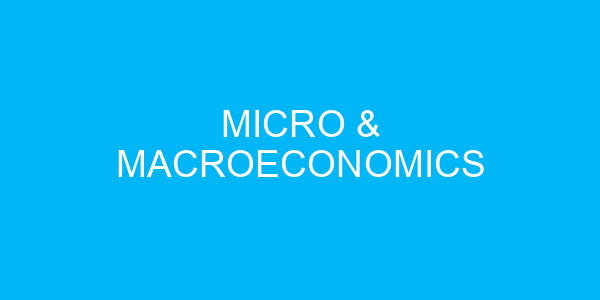51. The concept of opportunity cost refers to:
a) The monetary cost of a decision
b) The highest-valued alternative forgone
c) The total cost of production
d) The price of a good or service
52. The law of demand states that:
a) There is a direct relationship between price and quantity demanded
b) There is an inverse relationship between price and quantity demanded
c) The quantity demanded remains constant as price changes
d) The quantity demanded is unrelated to price
53. Elasticity of demand measures:
a) The responsiveness of quantity demanded to changes in price
b) The responsiveness of price to changes in quantity demanded
c) The total revenue earned from selling a good
d) The change in demand due to changes in income
54. Perfect competition is characterized by:
a) A large number of buyers and sellers
b) A single seller dominating the market
c) High barriers to entry
d) Price control by the government
55. Monopoly refers to a market structure where:
a) There are a few large sellers in the market
b) There are many small sellers in the market
c) There is only one seller in the market
d) There is perfect competition among sellers



